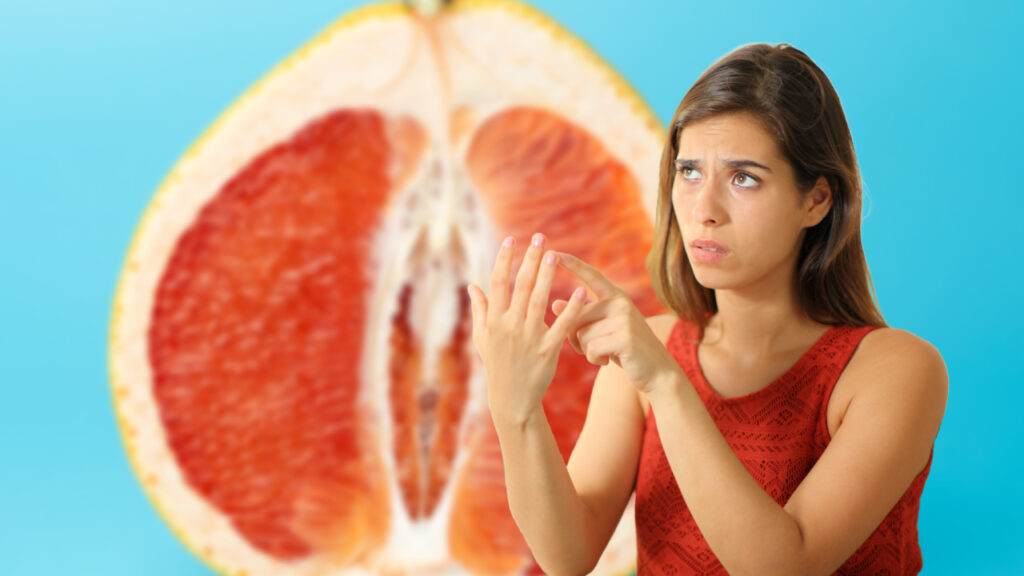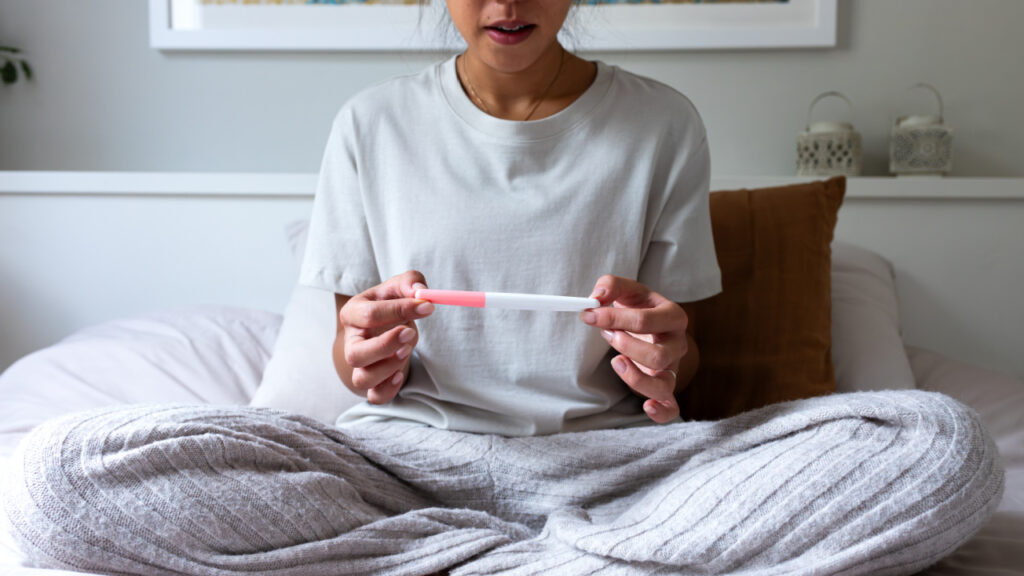
Feeling Like a Trash Goblin on Your Period? These Foods Might Help
The cravings hit hard, the cramps feel endless, and bloating makes everything worse. But what if what you eat could actually help—or hurt—your period symptoms? The right foods can reduce pain, stabilize mood swings, and even ease bloating, while others can make everything worse. So, what should you actually be eating?
What Happens to Your Body During Your Period?
Menstruation isn’t just about bleeding—it’s a full-body experience. According to Healthline, common symptoms include cramps, fatigue, bloating, headaches, mood swings, nausea, and digestive issues like diarrhea. The body also loses iron during this time, which can lead to dizziness and weakness. What you eat can either help replenish these nutrients or intensify the discomfort.
The Best Foods to Eat During Your Period
The right foods can work with your body to help ease symptoms and keep you feeling balanced. Experts say these are some of the best choices:
Hydrating Fruits and Vegetables
According to specialists, fruits like watermelon and cucumber help keep you hydrated, reducing bloating and water retention. Leafy greens like spinach and kale are rich in iron, which can help combat fatigue and dizziness from blood loss.
Omega-3 Rich Fish
Fish like salmon and sardines are packed with omega-3 fatty acids, which have anti-inflammatory properties. A 2012 study cited by Healthline found that omega-3s significantly reduced menstrual pain. Participants who took omega-3 supplements even required less ibuprofen.
Dark Chocolate: A Period Superfood
If you’re craving chocolate, go for dark chocolate. A 2010 study found that magnesium, found in dark chocolate, can help reduce PMS symptoms. Magnesium also helps regulate mood and reduce cramping.
Ginger and Turmeric
Both spices have anti-inflammatory benefits. A 2018 study found that ginger was effective in reducing nausea, and another 2015 study found that turmeric’s active ingredient, curcumin, helped lessen PMS symptoms. A warm cup of ginger tea can do wonders for cramps and bloating, as Health Matters reports.
Protein-Packed Foods
Lean proteins like chicken, tofu, lentils, and quinoa help keep energy levels stable and reduce cravings. Protein also helps maintain muscle function, which is essential when fatigue sets in.
Probiotic-Rich Foods
Yogurt and kombucha contain probiotics that promote gut health. If you tend to experience digestive issues during your period, these can help keep things balanced.
The Worst Foods to Eat During Your Period
Some foods can make period symptoms worse by increasing bloating, cramping, or mood swings. Experts suggest limiting the following:
Excessive Salt
High-sodium foods lead to water retention and bloating, making you feel more uncomfortable. Processed foods, chips, and canned soups can all make bloating worse.
Too Much Sugar
Sugar cravings are real, but too much can cause an energy crash. Healthline explains that sugar spikes and crashes can worsen mood swings, making irritability and anxiety worse.
Red Meat
While red meat contains iron, it’s also high in prostaglandins—compounds that trigger uterine contractions. High levels of prostaglandins are linked to more severe cramping.
Caffeine and Alcohol
Caffeine can dehydrate you, making headaches and bloating worse. Alcohol, meanwhile, can intensify fatigue and digestive issues. Specialists recommend drinking plenty of water instead.
Spicy Foods
If you already struggle with digestive issues during your period, spicy foods can make them worse. VeryWell Health explains that capsaicin, the active ingredient in spicy foods, can irritate the stomach lining and trigger bloating or diarrhea.
Can Certain Foods Make Your Period End Faster?
There’s limited research on foods that can shorten your period, but specialists suggest that vitamin B6 may help. Foods rich in vitamin B6, like potatoes, poultry, and bananas, help balance estrogen and progesterone levels, potentially stabilizing the menstrual cycle.
In Summary: What You Eat Matters
The right foods can make a huge difference during your period. Staying hydrated, boosting iron levels, and reducing inflammation can help manage symptoms while avoiding sugar, caffeine, and processed foods can prevent them from getting worse. If your period pain is severe or disrupts daily life, you might want to consider checking in with a healthcare provider to rule out underlying conditions like endometriosis or fibroids.
Listening to your body and nourishing it properly can make your period a little more bearable—and maybe even pain-free.




